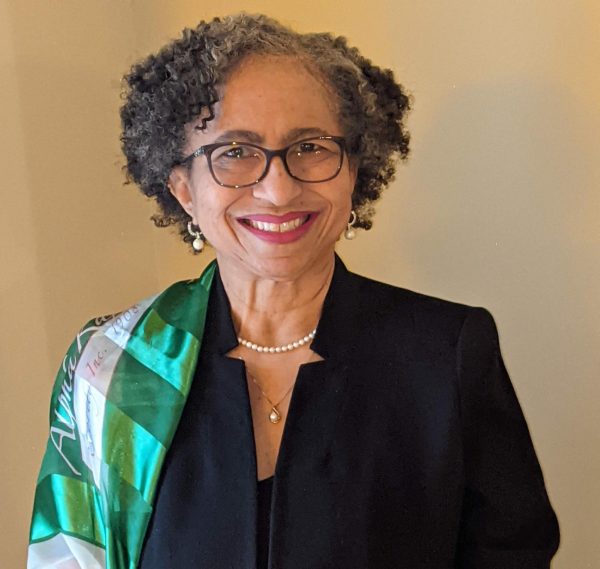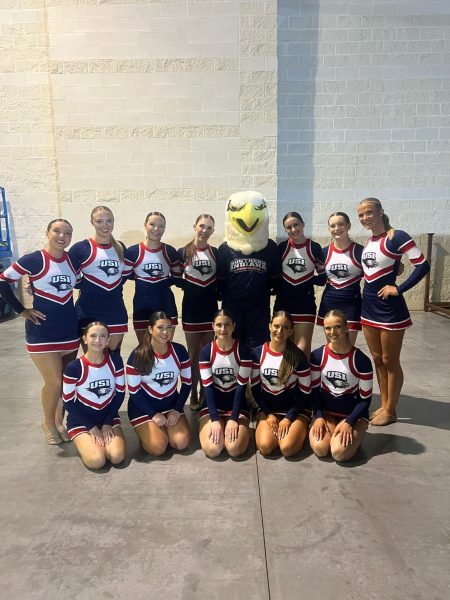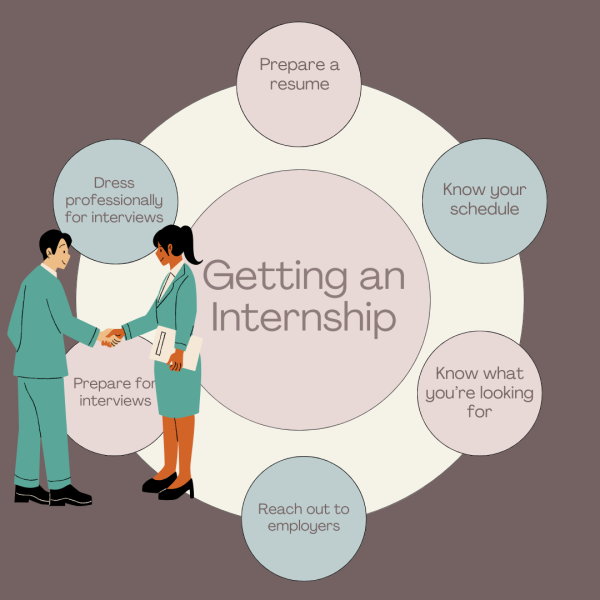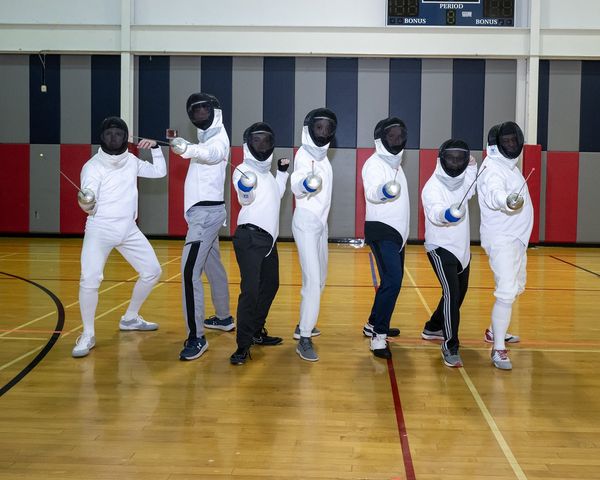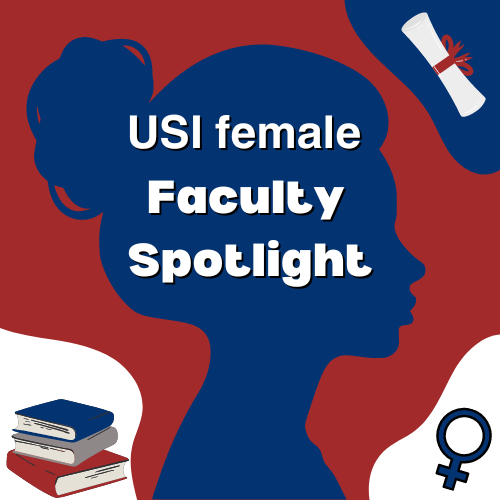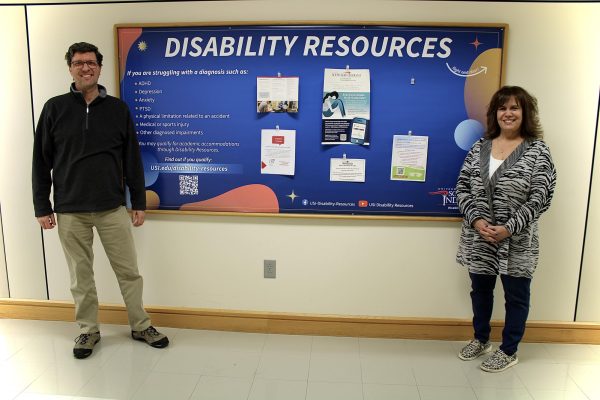Supporting the influencers of tomorrow
State legislature considering grant for year-long student teachers

Kiana Smith said she couldn’t imagine beginning her student teaching halfway through a semester.
The senior elementary education major is one of the eight students involved in the year-long student teaching program called “Teach Now, Transform Tomorrow.” The program is available to all elementary, special and early childhood education majors.
The university partners with schools in the Evansville Vanderburgh School Corporation to allow teaching majors to have practical experience in classrooms such as Lodge Community and Lincoln Elementary before teaching in their own classroom.
“At the beginning of the year I got to see my cooperating teacher put rules in place, and I didn’t have to jump in this semester and try to decide what those rules were and how the kids should be following them,” Smith said. “I already knew all that.”
The Indiana House and Senate are considering bill 1009, proposed from the higher education committee, which would offer a stipend to students and teachers involved in yearlong teacher residency programs such as “Teach Now, Transform Tomorrow.”
The grant would be funded through gifts and donations made to the program specifically. The grant would also be funded through appropriations made by the general assembly.
The bill was authored by Rep. Dale DeVon and co-authored by Rep. Justin Moed and Rep. Anthony Cook. The bill was sponsored by Sen. Jeff Raatz, Sen. Dennis Kruse and Sen. Timothy Lanane.
The House passed the bill 98-0. The bill recently passed in the Senate 37-11, and has been returned to the House with amendments. If the amendments are agreed upon, the bill will go into effect July 2019.
If not, the bill could die.
Smith said even though she receives a $2000 scholarship per year to be involved in “Teach Now, Transform Tomorrow,” her expenses wouldn’t be able to be covered without the support of her parents.
“I think the stipend would be helpful for those who don’t have support,” Smith said. “It would be helpful so that the people who couldn’t work could still have the experiences that I have had because I think it’s very worthwhile to do this program. I think it helps with experiences and classroom management and relationships with the students and the teachers. I think a stipend would help get students involved in this program who actually want to be involved in it.”’
http://https://www.youtube.com/watch?v=Lxs06-mRxcs&feature=youtu.be
“Teach Now, Transform Tomorrow” started in 2015, and for the first two years had 15 students involved in the program. This year, only eight students are involved.
Teresa Branson has been involved with “Teach Now, Transform Tomorrow” since its beginning, and said the main reason students don’t sign up is because of finances.
“If we can get some more finances for them, it would be very beneficial,” the instructor of education said. “That’s the biggest reason people aren’t signing up because they say, ‘I’ve got to work!’ and I say, ‘Yeah, I know. You know, I understand that.’ Even though we give them a $2000 scholarship, right now that’s only $1000 per semester. It’s a lot of money, yet it’s a drop in the bucket when you think about all the other money that is required.”
Branson said she thinks the intensive year-long student teaching program produces a higher quality of teachers than the traditional semester-long student teaching programs.
“One of the things that EVSC has helped with is their applications,” Branson said. “They were put at the top of the pile or they were coded so the principals could see the names on the applications and they know this was a ‘Teach Now, Transform Tomorrow’ candidate, and I want to interview them. Every single of our ‘Teach Now, Transform Tomorrow’ candidates that wanted a position in Evansville has a position in Evansville.”
Branson said not only do the students in the program acquire more developed teaching skills, but they are able to establish stronger relationships with their students.
“They are able to make those connections with the students,” Branson said. “You can’t teach kids until the kids know that you care about them, so they are able to make all those relationships early. When they’re there all the time full-time teaching, those relationships are there, they know which child needs the extra pat on the back or the jab to get busy. They know their classroom, so it’s really easy for them to slide right into teacher mode.”
Branson said students in the program are also able to establish themselves as an authority figure in the classroom faster than traditional student teachers.
“When our traditional students come in after the first weeks of school the kids in their head say ‘oh this is a student teacher she’s not real.’ But because our ‘Teach Now, Transform Tomorrow’ candidates are there full time, they’re there that first day of school and the students say ‘Oh, I have another teacher in the classroom.’ And they see them as a teacher.”
Smith said her time in the “Teach now, Transform Tomorrow” program has been a great resume builder.
“Our principals have told us that with this experience, we’re the ones that are going to get the job because we’re the ones that have had the most experience with the kids and in the building,” Smith said. “If a stipend was offered, more people would consider it. I think a stipend would help people realize they are actually paying attention to us and care about investing in future teachers.”


